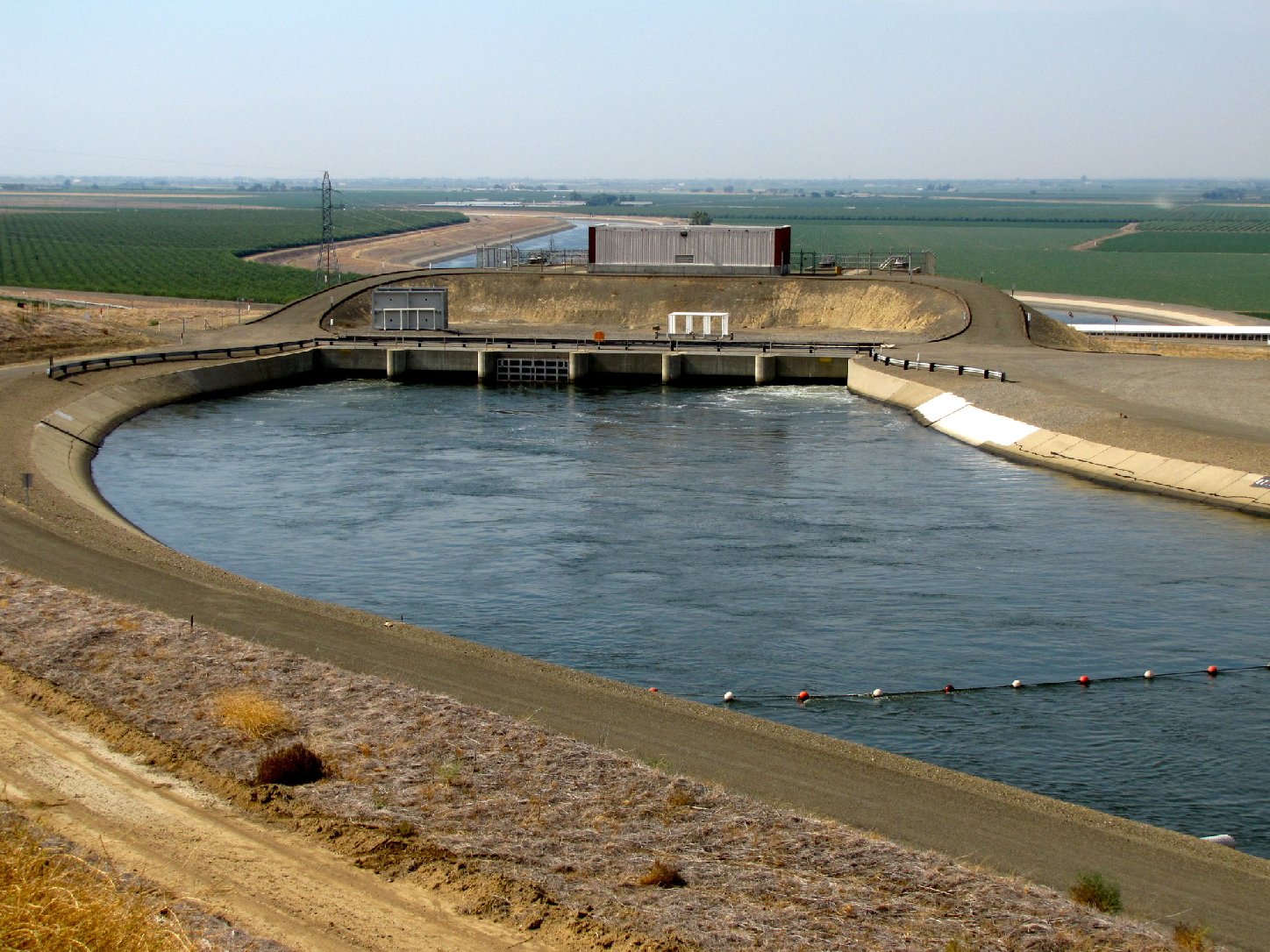Gov. Jerry Brown's proposal to build two massive 35-mile-long tunnels under the Sacramento-San Joaquin River Delta would cost about $25 billion. Now some California water districts are thinking about raising property taxes to pay their share of the project, aimed at moving water more easily from Northern California to cities and farms in the south.
Under Proposition 13, which was passed in 1978, property tax increases require a two-thirds vote of approval. But Paul Rogers, managing editor of KQED Science and environmental reporter for the San Jose Mercury News, has learned that some water agencies contend they are not bound to a public vote.
Major water districts claim that since the bond act to create the State Water Project — the massive system of dams and canals that moves water from north to south — predated the passing of Prop. 13, they can raise property taxes without public approval. The State Water Project was approved under Gov. Pat Brown, the current governor's father.
"Basically, in the fine print of that bond act, it said that water districts that were going to pay for the State Water Project could use property taxes along with water rates to pay for it," Rogers said. "Now that was in 1960. Voters didn't pass Proposition 13 until 1978. So legally the water districts contend, and it looks like the law is pretty clear, that they do have this right grandfathered in to raise property taxes without a vote of the people to pay for Jerry Brown's — the son's — new $25 billion project."
Jim Fiedler of the Santa Clara Valley Water District offered justification for the property tax hike. From the San Jose Mercury News report:
"Because this is a tax that was already voted on, it was a pre-Prop. 13 measure," said Jim Fiedler, the district's chief operating officer. "Because it was adopted by voters prior to that date, it doesn't qualify for the two-thirds requirement."
Asked if there was any limit to how much higher property taxes could be raised if the Delta tunnels project has cost overruns, similar to the Bay Bridge or high-speed rail projects, Fiedler said he didn't know.
"That's a good question. That's a decision our board would make," he said. "But it would be in public hearings, not behind closed doors."
Rogers said that more than 20 water districts have this pre-Prop. 13 taxing authority.
